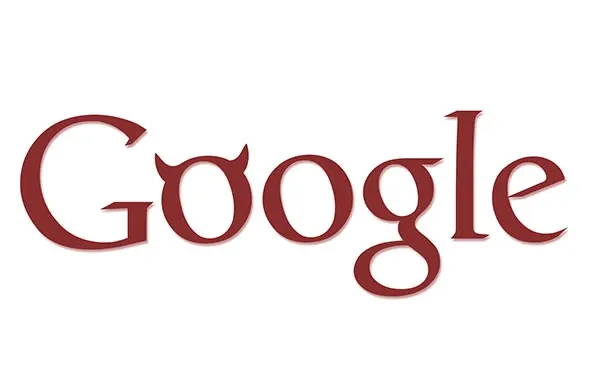Siemens Opens Its Largest Global Research Hub
Siemens has opened the first building complex of its Technology Center (STC) at Garching Research Campus, north of Munich, Germany.

Google has one week to meet the deadline of an EU order to stop illegal conduct in the way it displays shopping results in search, according to Bloomberg.
After leveling a $2.7 billion fine in June, EU regulators may threaten more penalties against the search engine after the Sept. 28 deadline, EU Competition Commissioner Margrethe Vestager said in an interview. If Google fails to give equal treatment for other shopping services, the company could face recurring fines of up to 5 percent of daily global revenue.
"It’s not for us to approve how the remedy is put into effect," Vestager said. "It will be tested in the market." The most vocal complainants in the case are comparative shopping engines, which sell online placement to retailers. "If they are unhappy and it doesn’t work, then we will start investigating," she said. The Commission may back-date the fines.
Google foes have already cried foul. Foundem, a British comparison-shopping site that triggered the Google probe, earlier this week slammed Google’s offer to sell rivals slots in product results displayed on top of search results. Foundem said such an auction "would simply create an additional anti-competitive barrier, one that would formalize the transformation of free, relevance-based traffic into paid, pay-for-placement traffic for all services but Google’s own.“
Google has been showing its proposal to shopping search sites to try and win them over ahead of the deadline. The auction model mirrors what Google suggested to the EU in 2013 in an attempt to settle the case. Opposition from rivals and politicians then forced the EU to drop a potential settlement.
European consumer advocacy group BEUC wrote to Vestager, warning that auctioning slots might lead to higher prices for consumers as Google rivals would have an incentive to promote more profitable products to cover higher costs. An auction "will only exacerbate existing problems in the search market and create a vicious cycle that will further impact competition and stifle innovation," according to the letter.
Vestager said the onus was on Google to suggest solutions. "They have the competence to do this," she said. Regulators wanted a future-proof remedy to avoid a risk of being "completely outdated if you were to be very, very specific" about how Google should make changes. That’s because computing surfaces and frameworks change, like the potential use of different screens, Vestager said.
Alphabet investors have not overly concerned themselves with the shopping case. In part, that’s because they believe the threat of a sizable daily fine would force Google’s hand while it waits for a ruling on two other EU probes, into Android mobile software and online advertising.